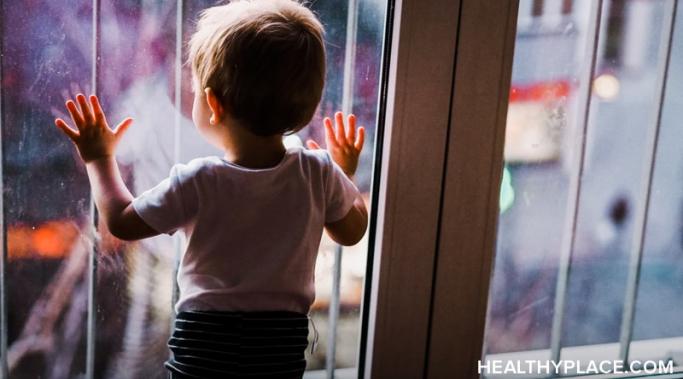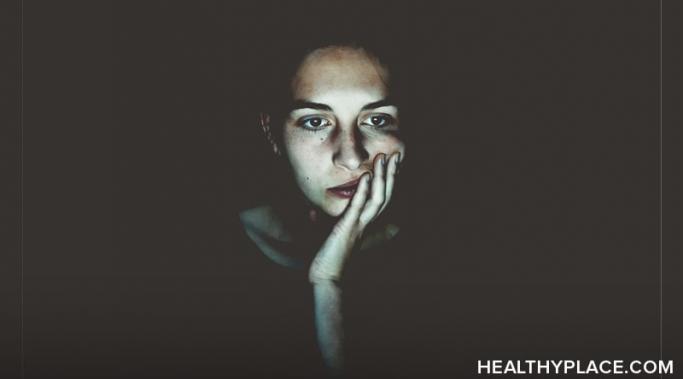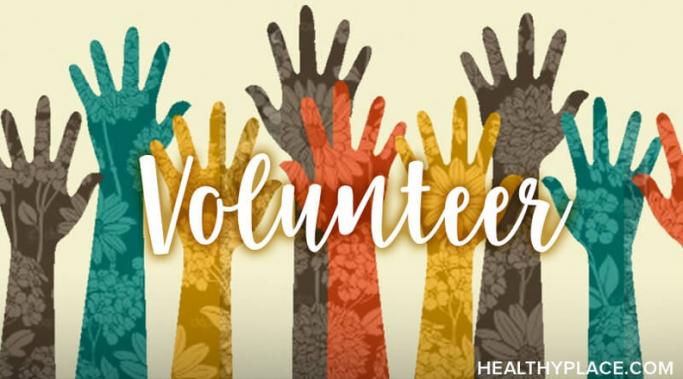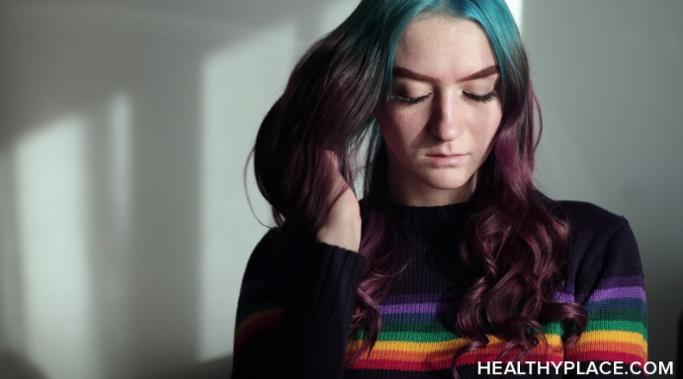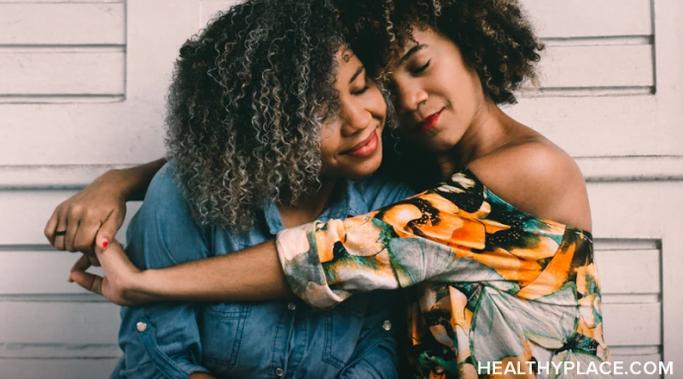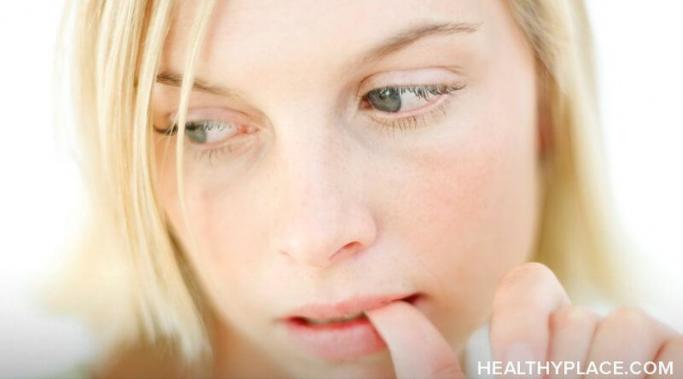Coping with posttraumatic stress disorder (PTSD) is a must-have skillset for many in the lesbian, gay, bisexual, transgender, queer, intersex, asexual, etc. (LGBTQIA+) community because PTSD is more prevalent than we think. The possible trauma endured by these LGBTQIA+ survivors is hate crimes, intimate partner violence and sexual assault. Symptoms of PTSD can include flashbacks of the trauma(s) and a fair bit of anxiety when in triggering situations. This is how my PTSD manifests in my own life.
Mental Self-Care
How to help your child cope with autistic meltdowns is a question for many parents. Recently, on a message board for autistic adults and allies, a parent asked for some advice on helping her child with his autistic meltdowns. While these sorts of groups and message boards weren’t around when I was young, I sure wish my mom had done this sort of thing when I was a kid.
I'm not alone in using video games like "Animal Crossing" to cope with my mental illness. Ever since the shelter-at-home orders back in February, gamers have been purchasing the Nintendo Switch faster than they can be physically made. Video games became a form of escapism, and what was once a pastime became a coping mechanism for those stuck at home. While I’ve been trapped in my apartment in this pandemic, no Nintendo Switch game has been more useful for exploring and coping with my mental illness than "Animal Crossing."
As an autistic person, I have been told many times that I am “sensitive.” My whole life, the smallest of inconveniences or changes in plan can bring me to tears. Getting stuck in the rain would cause a full meltdown. I’ve even had a doctor dismiss my symptoms and tell me “you’re just too sensitive.”
The murder of George Floyd sparked an unprecedented civil rights movement and has changed our country dramatically. The face of the Internet has been completely reshaped, and discourse about racism is at the forefront of all of our conversations. Sometimes, especially for the mentally ill, the amount of information whizzing by is overwhelming.
Recently, my home state proposed a bill that would have banned conversion therapy for lesbian, gay, bisexual, and transgender (LGBT) youth. Although the bill didn't pass, it created greater awareness for how damaging conversion therapy can be to a person's mental health, especially for teenagers. So many young queer people are coerced into therapy that they believe will "cure" them of something that wasn't harming them to begin with. And because people's gender identity or sexual orientation is such an inherent part of who they are, conversion therapy can lead to serious mental health issues and perpetuate gay discrimination.
I believe in the importance of self-care, especially for lesbian, gay, bisexual, transgender, and queer (LGBTQ) people. But I wasn't always this way. In fact, until this past year, I'd heard about the self-care movement but dismissed it as "narcissistic" or "selfish." I also thought that I didn't deserve to take care of myself when I could spend that time helping others.
tneely
Just in case you haven't heard the news by now, with very few exceptions, yoga is good for you! And if you happen to be an LGBT individual committed to better mental health, then you may find that a simple yoga practice is just what you need.
Anxiety, depression and high stress levels are serious problems for many of us in the LGBT community. A study of 4,000 people by the Australian Research Centre in Sex, Health and Society (ARCSHS) concluded that "almost 80% of LGBT folks have suffered intense anxiety within the last year"!
It seems to me that we are carrying a disproportionate share of mental health issues across the globe, and yoga is a no to low cost way for our community to practice mental self-care.
tneely
It's important to honor our feelings, to treat them with respect and to not judge ourselves for having them. Even embarrassing feelings, or hateful ones, or angry ones. We can honor our feelings without acting on them immediately because when you own your feelings, you have self-discipline and can allow feelings to pass in and out of you until you feel ready to act on them. Or not. Learning to honor our feelings teaches us to honor ourselves.
tneely
I come from a large quirky family of addictive and codependent personalities that bred what seems like nothing but toxic relationships; relationships that ultimately did more to harm our mental, physical and emotional well-being than good (7 Basic Signs of a Toxic Relationship). I've never really considered us "dysfunctional" because we actually functioned quite well as long as everyone did their job and played their role. That job or role always being to pacify and enable the person with issues by protecting them from reality or the consequences of their actions. It looks a little something like this:

